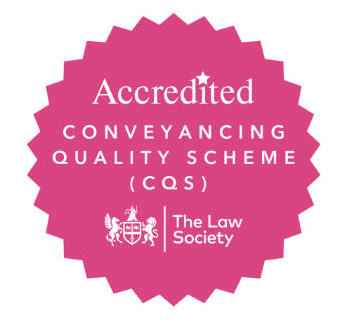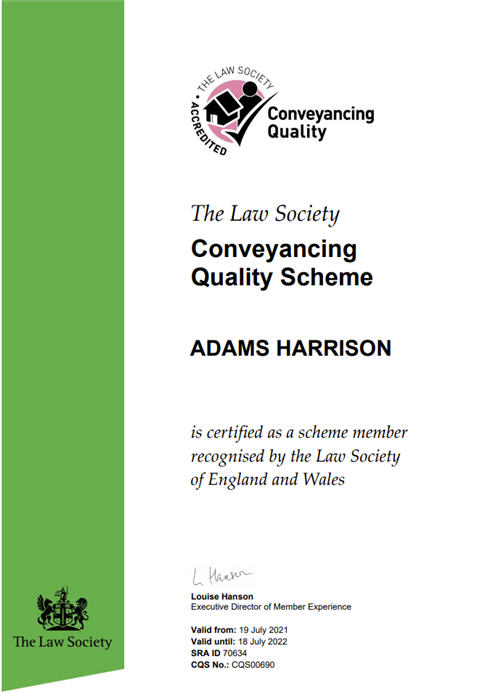It is National Conveyancing Week on 20th March to 25th March 2023.
The Adams Harrison conveyancing team work hard to provide the best service not only to residential homebuyers but also for landlords purchasing buy-to-let properties.
This article below informs you of new changes coming into force on 1st April 2023 regarding Energy Performance Certificates.
It is essential that landlords comply but it is also useful for new and existing tenants to be aware of their landlords’ responsibilities.
If you have any questions about this article, or would like a quotation for the sale or purchase of a property please use our contact form.
Or call any of our offices to speak to a member of the Conveyancing team.
We also have experts in Commercial Property work so please do contact us for more information.
Incoming changes to Energy Performance Certificates on 1 April 2023 and its effects on landlords and tenants
Old Rules
An Energy Performance Certificate (EPC) is a certificate that measures a property’s energy efficiency and CO2 emissions. The latest Minimum Energy Efficiency Standards apply to all existing tenancies. Since 1st April 2018 (for new lets and renewal tenancies) and 1st April 2020 (for all existing tenancies), the rules required an EPC rating to be E or higher meaning a tenancy could not be granted to new or existing tenants if the property has an EPC rating of F or G, unless the property is exempt, after these dates.
New Rules
All landlords and tenants must be aware of the incoming changes to the EPC requirements as there are criminal offences for breaching the new rules. From 1 April 2023, it will be an offence to continue to let or rent out a property if it does not have a rating of at least E, unless a valid exemption applies. The penalty is based on the rateable value of the property and will be between £10,000 – £150,000 per breach. Details of the breach may also be made publicly available.
From 2025, all newly rented properties will be required to have an EPC rating of C or above. Currently properties only require an EPC rating of ‘E’ or above. Existing tenancies will have until 2028 to comply with the new rule changes.
What does this mean for landlords?
1 in 7 (15%) landlords surveyed have no knowledge of the upcoming changes to the Energy Performance Certificate (EPC) rules, according to new research from Shawbrook Bank. Landlords currently unaware of the level of work needed on their property could lose rental income until all necessary work is carried out. Landlords will need to prepare for these costs to bring their properties up to the required rating.
What does this mean for tenants?
As a tenant, you are entitled to a copy of your home’s EPC and must be provided with one when you move in. If your landlord undertakes an EPC assessment for your property, they must give you at least 24 hours written notice of a visit from an assessor.
If you want to find your property’s EPC rating, simply go to the Government’s Energy Performance of Buildings Register, type in your postcode and click on your address.









